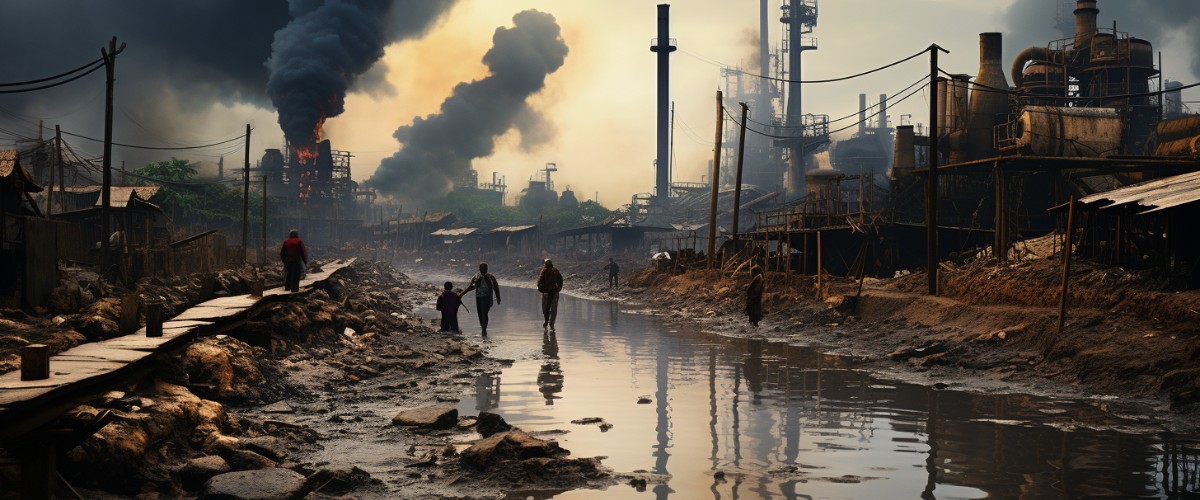Picture a country, blessed with an abundance of black gold, a natural resource so potent it has the potential to change the fate of the nation. This is the story of Nigeria, Africa’s most populous country and the largest oil producer on the continent. Since the discovery of oil in Nigeria in 1956, the country’s journey has been a rollercoaster ride, at times uplifting its economy, and at others, casting a shadow over its development.
In the 1970s, the world experienced an oil boom. Countries like Nigeria, rich in oil reserves, suddenly found themselves swimming in wealth. The Nigerian government nationalised the oil industry, creating the Nigerian National Oil Corporation, now known as the Nigerian National Petroleum Corporation (NNPC). Oil export revenues skyrocketed, accounting for over 90% of total export revenue and more than 80% of the government’s income by the late 1970s.
The flush of oil wealth brought about significant infrastructural development and boosted the country’s GDP. Cities like Lagos and Port Harcourt witnessed rapid growth, transforming into bustling metropolises. Nigeria’s middle class expanded, the standard of living improved, and for a time, it seemed the oil boom was indeed a blessing.
However, as the saying goes, every coin has two sides, and Nigeria’s oil wealth proved to be no exception. Despite the economic growth, the dependence on oil created a volatile economy, subject to the global oil market’s fluctuating prices. The wealth didn’t trickle down evenly, and income disparity widened.
Furthermore, the oil boom led to the neglect of other sectors like agriculture, which once formed the backbone of Nigeria’s economy. Environmental degradation in oil-rich regions due to oil spills became a pressing issue, affecting local livelihoods and causing health hazards.
Corruption further marred the picture. It is estimated that since the 1960s, about $400 billion of oil revenue has been stolen or misspent. Public outcry over corruption and inequality has frequently resulted in social unrest and conflict, particularly in the oil-rich Niger Delta region.
The story of Nigeria’s oil boom is a cautionary tale of how a valuable resource, like oil, can both elevate a nation and cause economic imbalance and social discord. As of 2023, Nigeria continues to grapple with these challenges. With a renewed focus on transparency, diversifying the economy, and environmental responsibility, the nation seeks to learn from its past and utilise its oil wealth for a more equitable and sustainable future.








